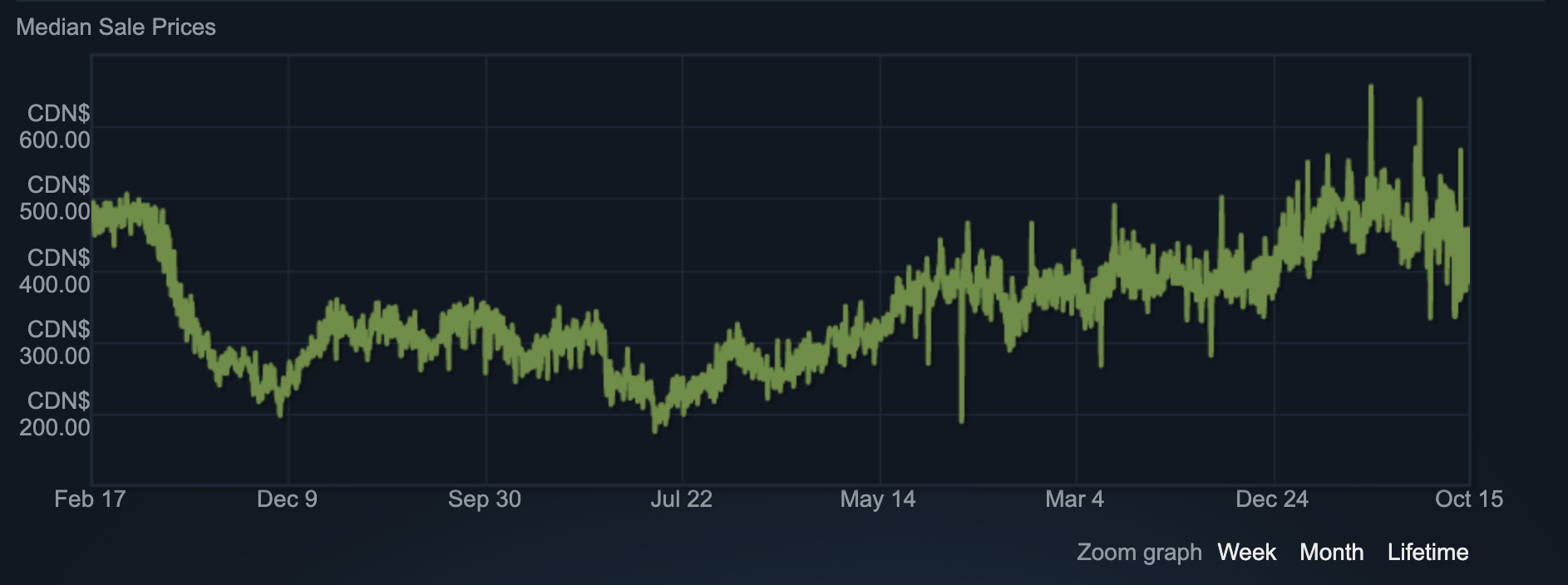Why Steam Banned Crypto Transactions and NFT Games from Its Platform
Earlier today, video game developer Valve banned all NFTs and cryptocurrency related games from its Steam platform. Steam is one of the world’s largest video game platforms, featuring a catalogue of thousands of games alongside 25 million daily concurrent players.
Steam Removes All Crypto Related Products from Its Store
Earlier today, the newly updated Steam distribution onboarding guidelines stated that the platform would no longer support and publish “applications built on blockchain technology that issue or allow exchange of cryptocurrencies or NFTs.”
Steam says noooooooo thanks to any games or apps with NFTs or cryptocurrency, but it hasn't provided an official explanation as of yet. https://t.co/jURYlkcvWx
— PC Gamer (@pcgamer) October 15, 2021
Understanding Valve’s Position and Steam’s Digital Economies
Without a doubt, Valve is a pioneer for building some of the most robust gaming economies to date. Counter Strike: Global Offensive, arguably the game maker’s most successful franchise, has a thriving digital economy where players can buy, sell and trade virtual items for real money.
With over 700 million items in circulation and a market capitalization of over $14 billion on secondary marketplaces, players have continued to enamor over these virtual skins. According to TalkEsport, the most expensive item ever sold to date was for $150,000. In essence, these virtual items are much like non-fungible tokens. After purchasing an item, that said item is provably yours – albeit in a centralized manner unlike NFTs.

So what gives? NFTs and blockchain technology are novel solutions to Valve’s already existing digital economies – so why would the game developer actively seek to ban it? The answer is quite simple. Steam marketplace, a centralized platform owned and run by Valve, allows its users to buy and sell their digital cosmetics and items for money.
However, the catch is that the money can’t be transferred out and is more akin to store credit, where users can purchase other marketplace goods or games from the official store. This means that, technically speaking, there is no “real” monetary value behind these items.
NFTs and crypto-related games pose a legal risk for Valve, as its flourishing digital economies and marketplace could fall under the label of securities. At the height of CSGO’s gambling boom in 2016, regulators across the globe heavily scrutinized Valve, threatening to curb the growth of its digital economies. With these risks involved, it’s rather clear as to why Steam is no longer supporting NFT and blockchain-focussed video games on its platform.
It remains to be seen whether Valve will release an official statement. Nonetheless, it’s unlikely for the game developer to change its stance until there is more regulatory clarity surrounding non-fungible tokens and play-to-earn games.
Featured image from UnSplash